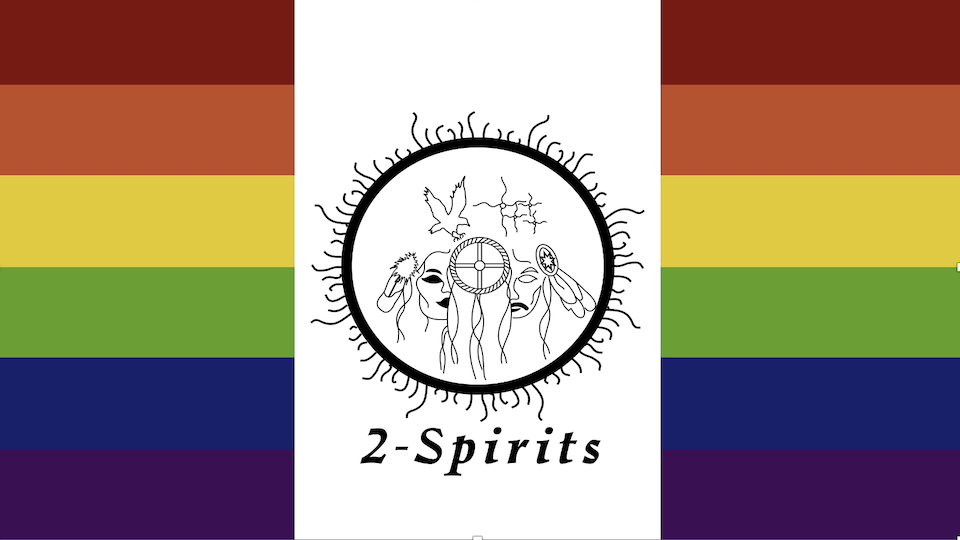We'wha

Born in 1849 in what is today New Mexico, We'wha showed early traits of the Ihamana (now more commonly known by the pan-Indian name Two-Spirit), male-bodied persons who assumed social and ceremonial roles more commonly performed by women in Zuni culture. As an adult, We'wha rose to prominence as a spiritual leader, artist and cultural ambassador.
Featured Content
Learn about the remarkable life and accomplishments of We'wha in this article from the National Women's History Museum.
References:
Brandman, Mariana. (2021, June). We'wha. National Women's History Museum. https://www.womenshistory.org/education-resources/biographies/wewha
